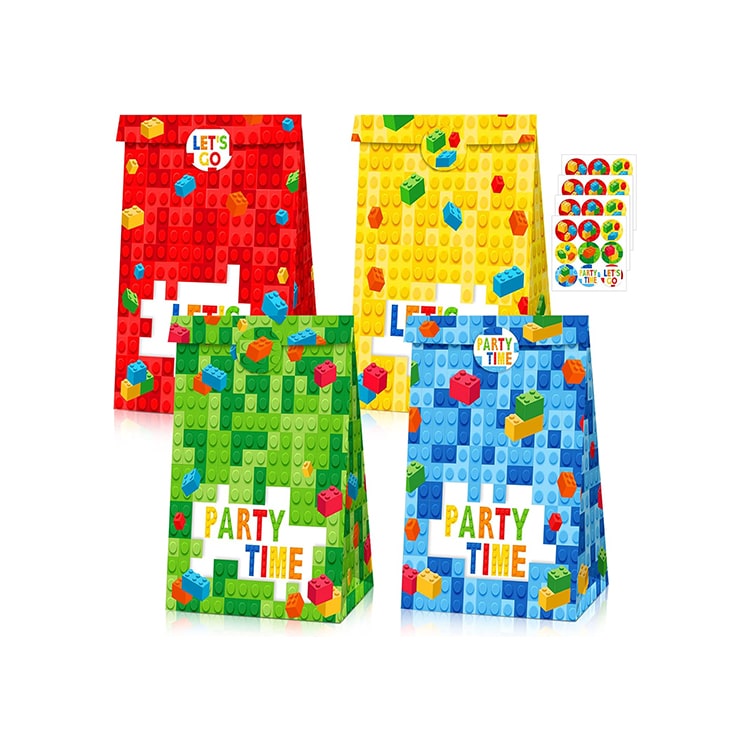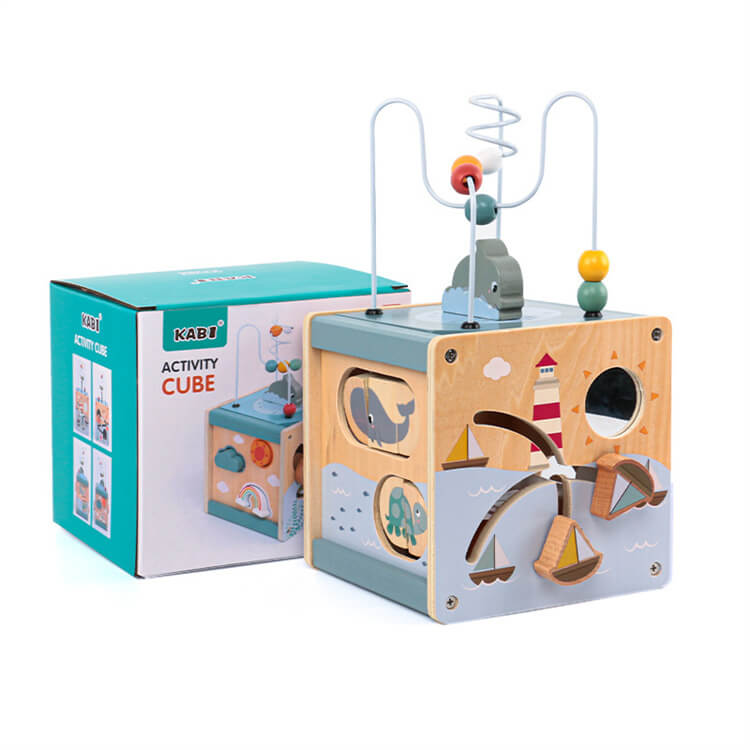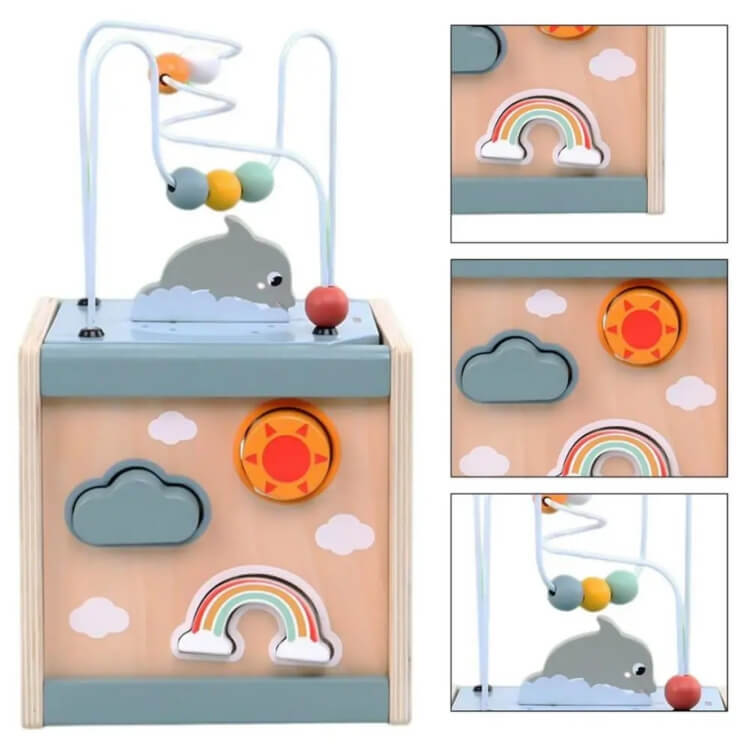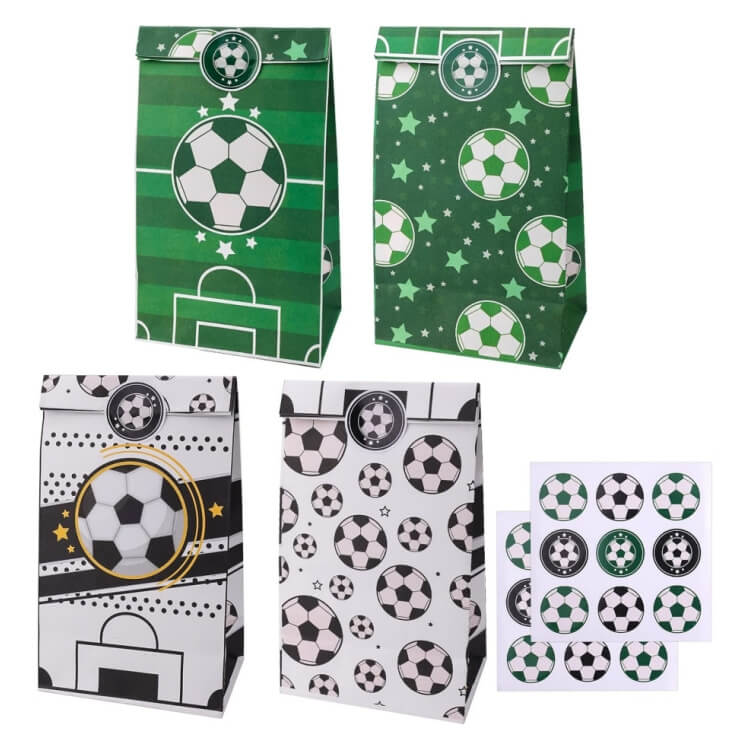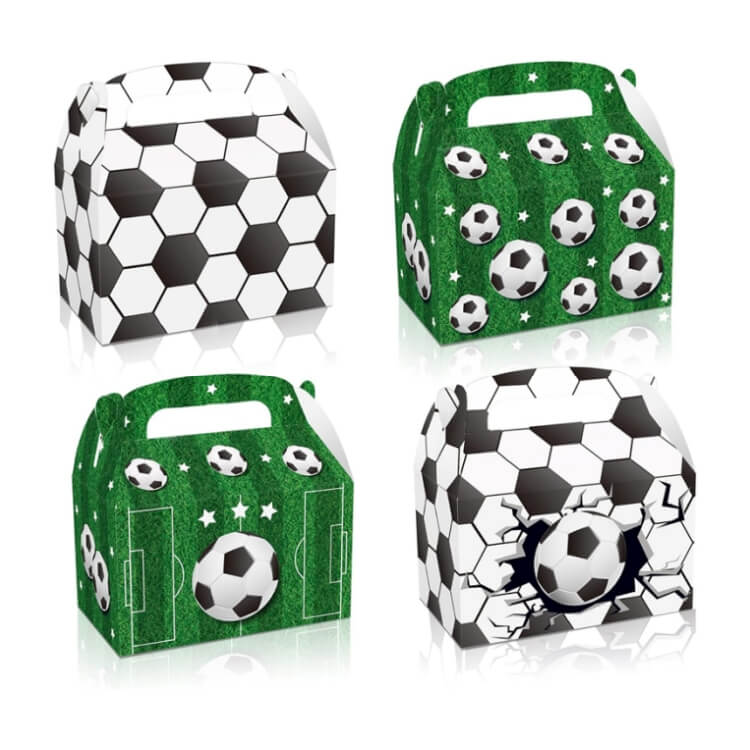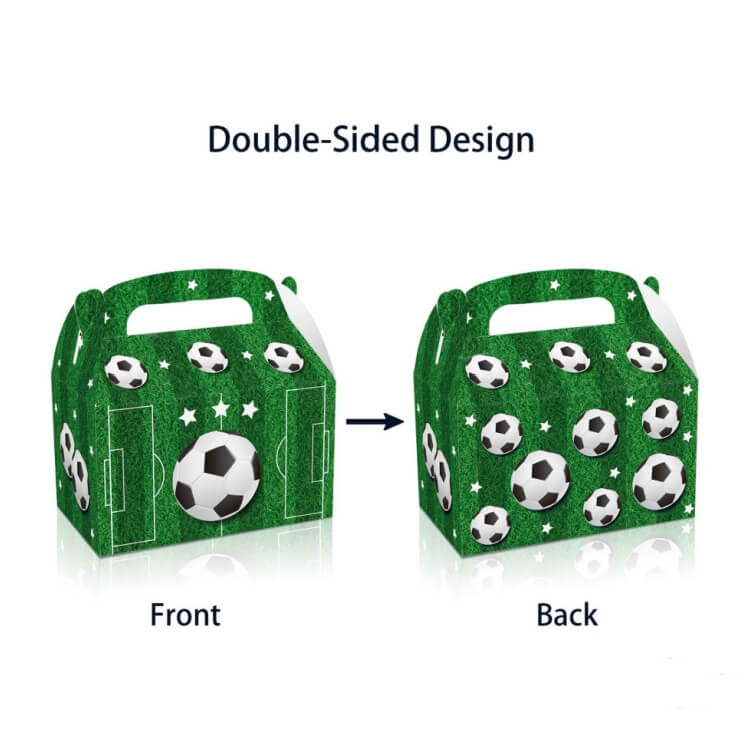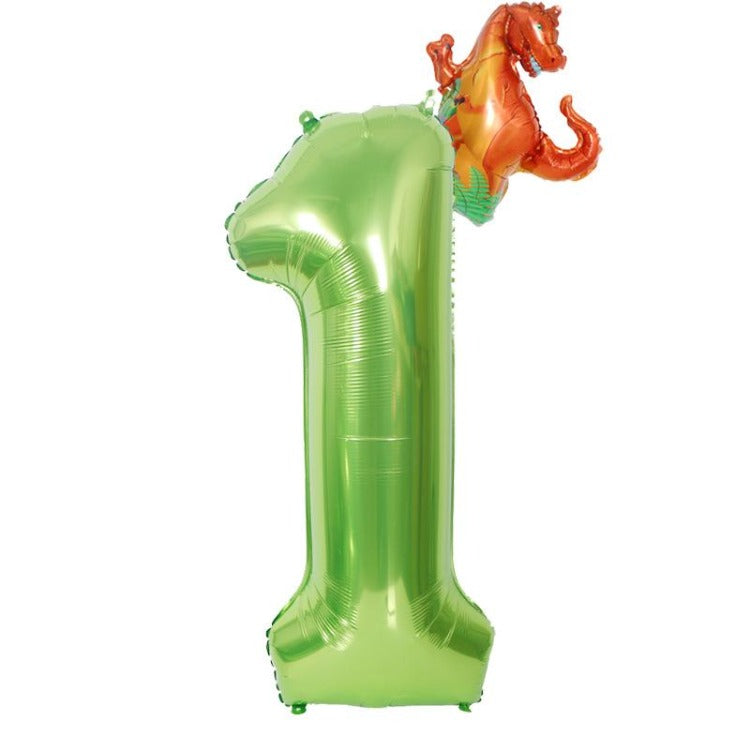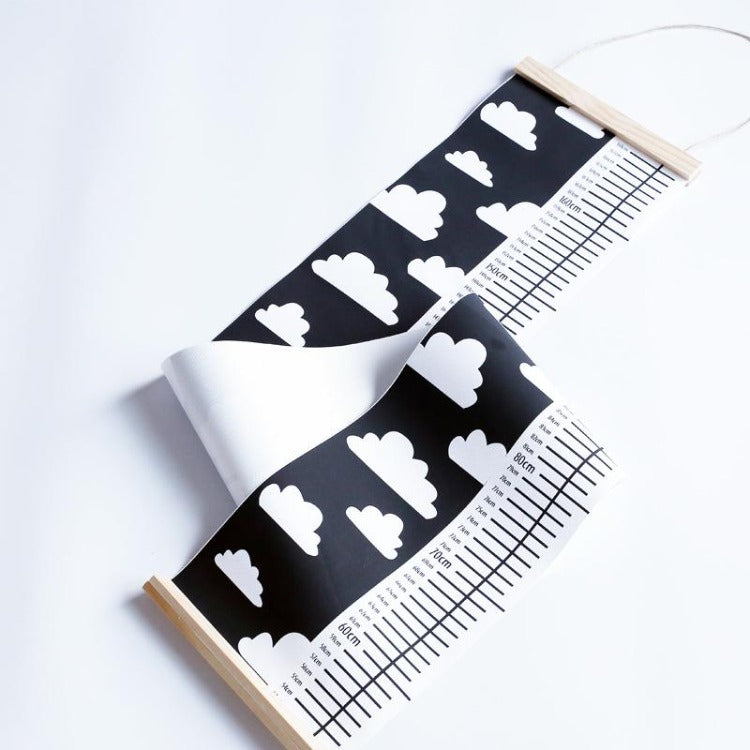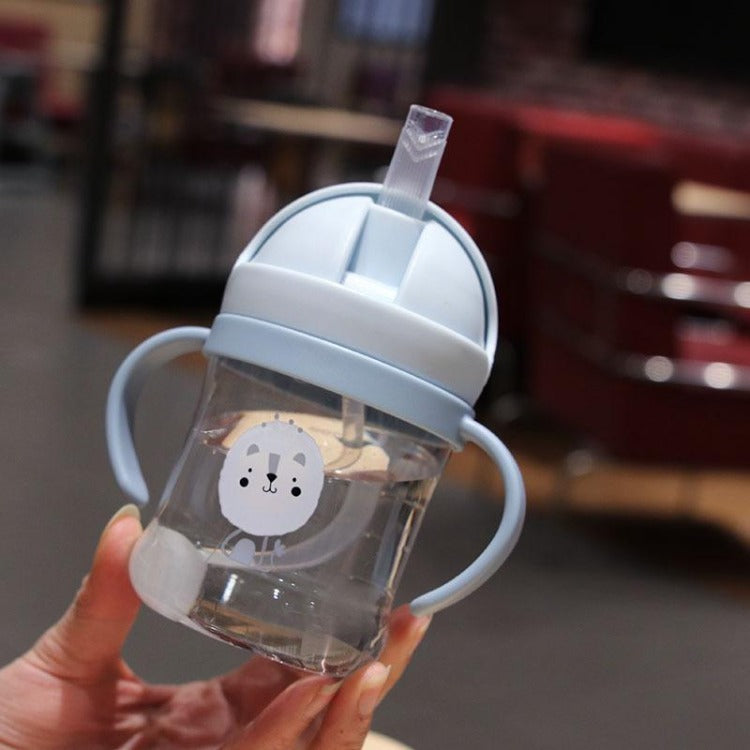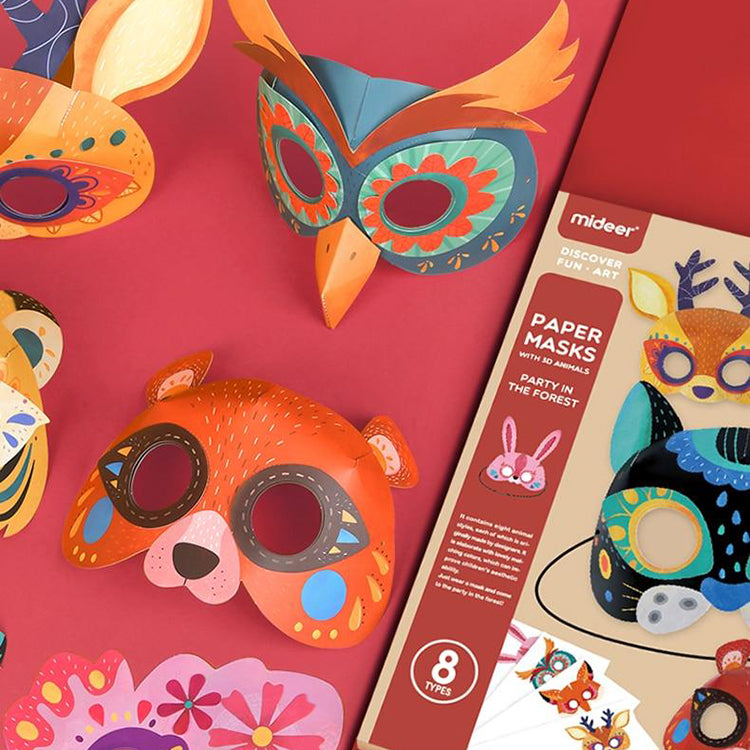
As you child grows, they will learn the value of many important things around them. Be it healthy eating, exercise as well as money and the importance of saving it. Learning about the value of money is highly essential. Here is how you can teach kids of all ages how to handle their money.
Commissions vs Allowances
Parents commonly follow the route of allowances when introducing the concept of money. And while this may work for some, others may prefer to pay their kids commissions based on ‘work’ they do around the house. This can be anything from cleaning their room by themselves to helping pack the groceries away. This method is an effective way of helping your kids understand that money is earned and not something given to them.
Additionally, allowing children to earn and save money gives them the opportunity to learn how to use it. When offering commissions in exchange for work done, they will also learn the value of working hard.
The Money Box Method
Piggy banks have been around ages and are an excellent way to teach your child the importance of saving. Money Boxes offer your child a visual - allowing them to watch their money grow!
iKids offer a beautiful collection of themed money boxes and coin purses fit for children of all ages! It can also be a fun gift for family or friends to toss their spare change in.
Savings Incentives
Having trouble motivating your child to save? You can offer incentives to help encourage them. If they are older, this can be the perfect moment to introduce interest and long-term saving.
There are many ways in which you can incentivize. For example, you could offer a reward when your kid reaches a savings goal, such as a bonus for hitting the halfway mark.
Setting a Good Example
Children pay more attention to the world around them than you may think. With every trip to the grocery store, ATM, or restaurant, keep in mind that their little eyes are on you. It is never too soon to set a healthy example for them. When making purchases, be sure the appropriate parts of your spending decisions to you child, especially whether if the item purchased was a need or a want.
In the end, one of the most effective ways to ensure that your child will be financially conscious is to be so yourself.
Allow them to Learn from their mistakes.
Part of putting kids in control of their own financial responsibilities is letting them learn from their mistakes. It may be tempting to step in and guide your child away from a potentially costly mistake, but it could be better to use that error as a teachable moment. In doing so, they will know better in the future and be mindful of how to use their cash.
Giving Responsibly
Once they start making some money, be sure to stress the importance of giving and sharing. Allowing them to pick a worthy cause by themselves will eventually show them that giving does not just affect the people they give to, but the giver as well.




